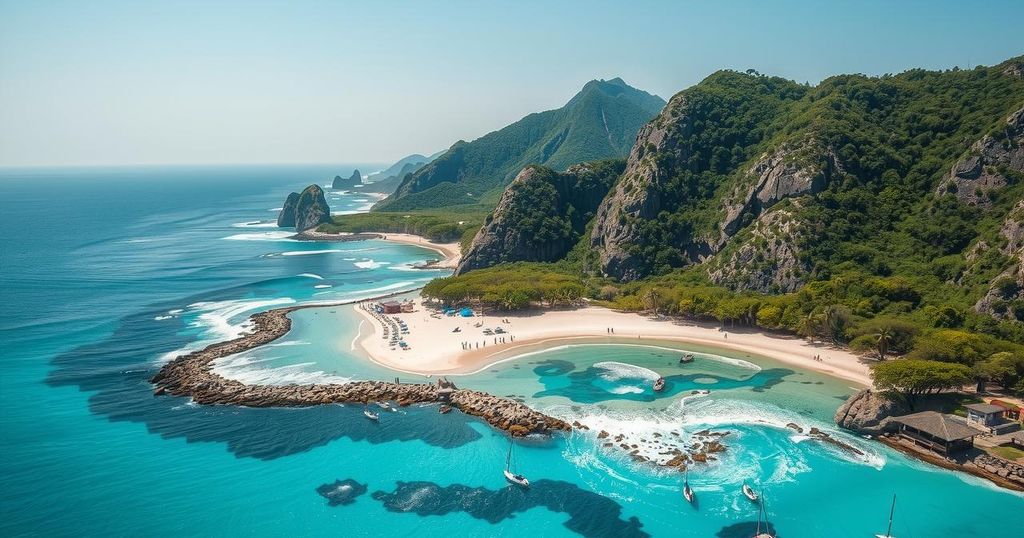Despite having unique attractions like the suspended lake of Ado-Awaye, Nigeria faces struggles in attracting tourists due to economic challenges, inadequate infrastructure, and security issues, resulting in only 1.2 million visitors in 2023. Stakeholders advocate for increased government investment and strategic initiatives to improve the tourism sector.
Nigeria boasts a wealth of natural wonders and cultural treasures, yet it struggles to emerge as a prime tourist destination, welcoming only about 1.2 million visitors in 2023. Remarkably, Ado-Awaye is home to one of the world’s few suspended lakes, drawing a modest number of pilgrims and nature enthusiasts. However, a combination of economic strife, inadequate infrastructure, security concerns, and a failure to present compelling travel packages significantly hampers its tourism potential. A departure from the vibrant tourism scene of the past, current challenges are inhibiting Nigeria’s ability to attract visitors and realize its full economic benefits from tourism. Additionally, the hospitality sector remains underdeveloped outside major cities, further stifling growth in this sector.
Calls for government investment to enhance accommodations, promote local sites, and improve safety are growing, as stakeholders recognize the need for a coordinated tourism strategy. Lessons could be learned from countries like Kenya and Ghana, which excel in marketing their attractions domestically and internationally. Without strategic initiatives aimed at uplifting tourist experiences and better infrastructure, Nigeria risks losing its potential to become a premier destination.
Nigeria is situated in West Africa and is endowed with diverse landscapes, rich cultural heritages, and historical sites that should attract significant tourist traffic. Despite possessing unique attractions such as the suspended lake of Ado-Awaye and various festivals unique to the region, the country faces challenges that inhibit its growth in the tourism sector. Economic distress and infrastructural limitations continue to undermine efforts to market these attractions effectively. Furthermore, ongoing security issues exacerbate the situation, causing potential tourists to opt for safer destinations. The country’s tourism statistics indicate that while there has been a slight increase in visitors, the figures are still considerably low compared to neighboring countries like South Africa and Kenya. Issues relating to internal tourism marketing, inadequate facilities, and a lack of concerted government support continue to plague the industry.
In conclusion, Nigeria possesses significant tourism potential with its unique attractions and cultural richness but faces substantial barriers hindering growth. Economic challenges, inadequate infrastructure, and security concerns have contributed to low visitor numbers relative to its neighboring African countries. A united effort involving government investment, strategic marketing, and improvements to hospitality services is essential for Nigeria to revitalize its tourism sector and fully capitalize on its wealth of natural and cultural resources. Without proactive measures, the dream of positioning Nigeria as a leading tourist destination may continue to remain unfulfilled.
Original Source: www.theguardian.com






